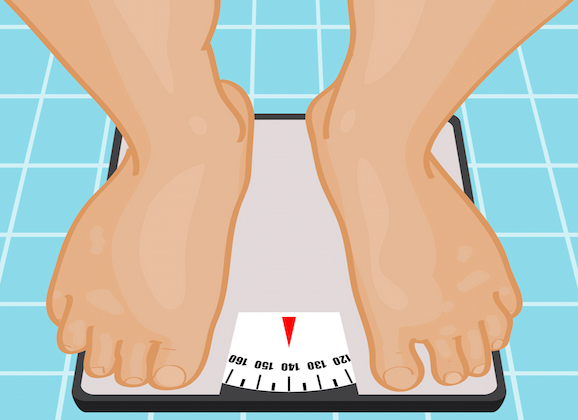 ‘Tis the season for sugar cookies galore and pies for days.
‘Tis the season for sugar cookies galore and pies for days.
All the gobbling down on goodies might make you feel like a stuffed turkey, but are you actually tipping the scale as much as you think you are?
Post holiday weight programs and diet fads are traditionally marketed heavily around this time of year. Gyms can see as high as a 40 percent increase in members who have made new year’s resolutions to get fit, according to ABC.
Most people guess they gain a ton of weight between Thanksgiving and Christmas, but in reality the average amount of pounds put on is much less than one might think.
The average amount of weight gained from November to mid January is roughly less than a pound, according to PLOS.org
That’s right. Not 10 pounds, not even three. Just a whopping one pound.
Now that doesn’t mean that you can’t watch how many slices of pumpkin pie you chow down on, or stop counting cookies after the twelfth one.
Sticking to your normal eating habits is one of the best ways to ensure you’re not leaving the party feeling sick to your stomach.
Continue eating the portion sizes you would normally eat, and don’t force yourself to eat more than what’s comfortable.
And there’s no harm in sampling the desserts, just make sure you listen to your stomach and stop when you’re full.
Watching what ingredients go into the food is another great way to stick to healthier habits during the holiday season.
Cooking with less sodium, saturated fats and sugars helps bring down the calories in traditionally high-calorie foods, according to the American Heart Association.
Even checking the nutrition label on the back of canned foods will help you better prep for adjusting recipes, and substitute alternatives that may be a healthier choice.
So, there is no need to fret. Indulging in all the wonderful holiday food is a-okay.
Don’t forget to pass the whip cream.

















